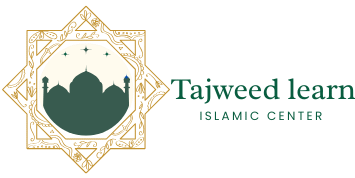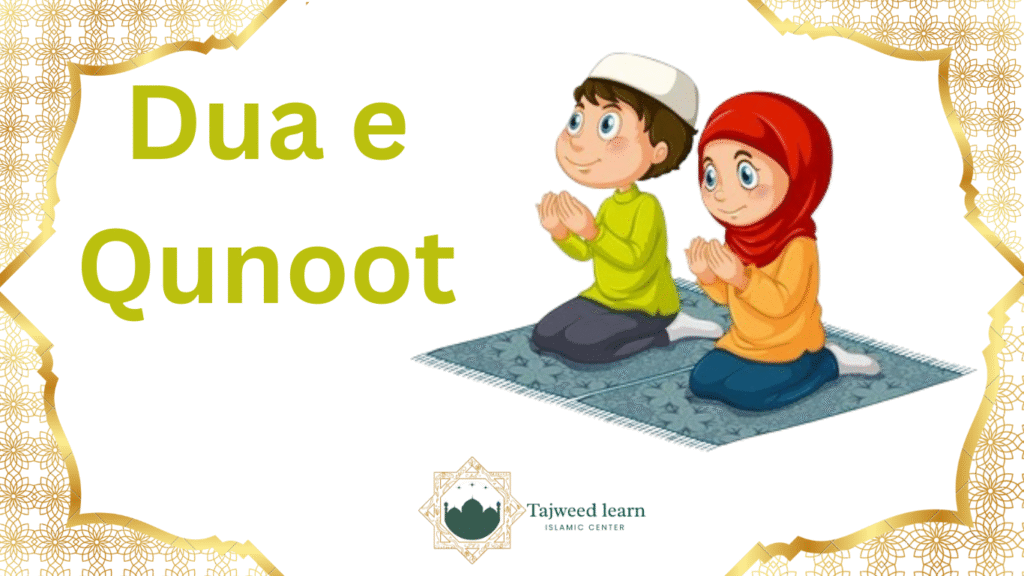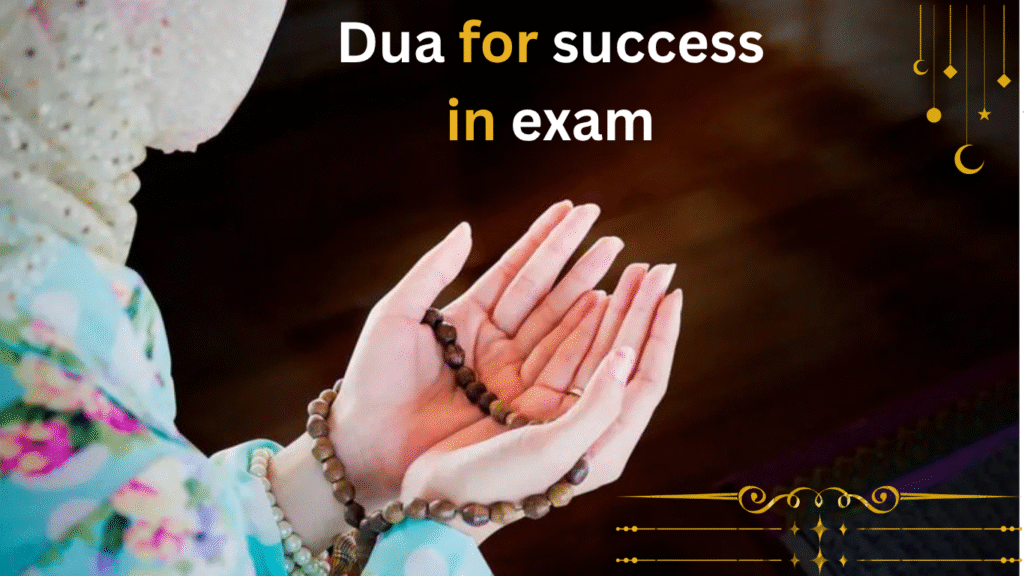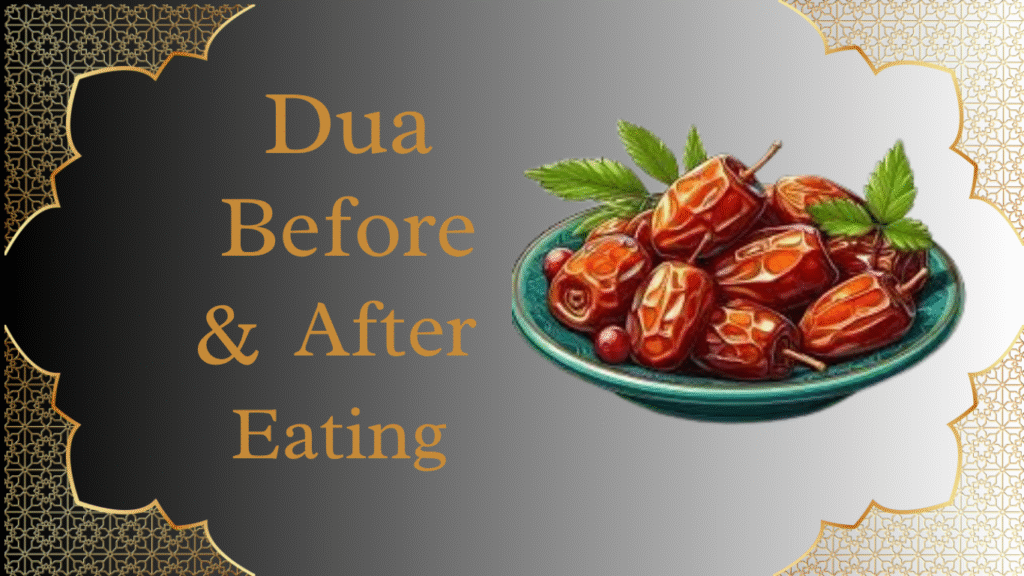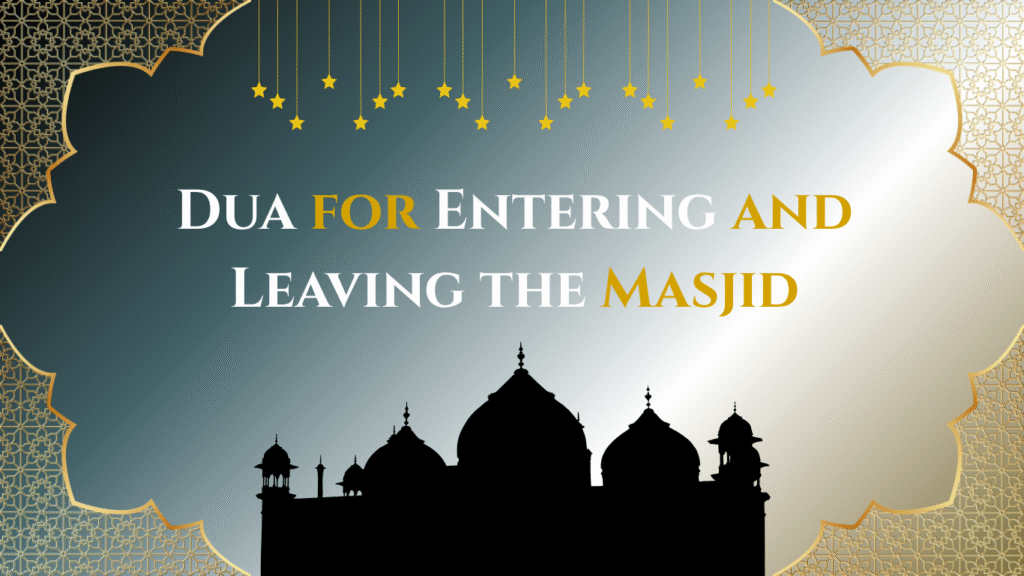Dua e Qunoot is a powerful supplication taught by the Prophet Muhammad (ﷺ), usually recited in Witr during the night Isha prayer. It reflects humility, devotion, and obedience as we stand before Allah, asking for guidance,Mercy, and protection in a deeply humble way. This dua is not just a ritual but a moment of sincere connection and showing true faith.
Read more : Ramdan Frist Ashra Dua
When Is It Recited?
-
In Witr Salah – Recited in the 3rd rak’ah after Isha prayer.
-
After Quran recitation – Recite Dua e Qunoot after Surah Fatiha + another Surah.
-
Hanafi: After Ruku – Say “Allahu Akbar”, raise hands, then recite the dua.
-
Shafi’i: Before Ruku – Dua e Qunoot is recited without going into ruku first.
-
Every night – In the Hanafi madhhab, it’s recited daily in Witr.
-
In Ramadan – Often recited out loud in Witr after Taraweeh prayer.
-
In special cases – Can also be recited in other prayers during times of calamity or hardship (Qunoot an-Nazilah).
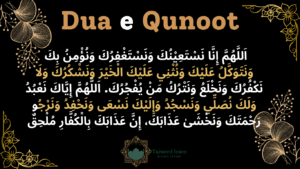
Dua e Qunoot
Arabic:
Transliteration :
English Translation:
Urdu Translation:
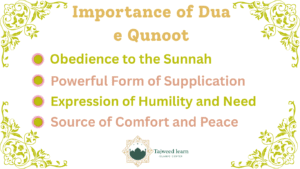
Importance of Dua e Qunoot:
1. Obedience to the Sunnah
Duāʾ al-Qunūt is a Sunnah of the Prophet Muhammad ﷺ, especially in the Witr prayer. He would regularly recite it, particularly during times of hardship or distress, making it a noble practice to follow in our prayers.
2. Powerful Form of Supplication
It is one of the most comprehensive duʿās in Islam, covering requests for guidance, forgiveness, mercy, protection from evil, and blessings in both this life and the hereafter.
3. Expression of Humility and Need
The words of Qunūt reflect deep humility and a servant’s complete dependence on Allah. By reciting it, a believer acknowledges their weaknesses and turns fully to Allah for help.
Read More : Dua for shifa
4. Source of Comfort and Peace
Reciting this duʿāʾ brings spiritual comfort, especially during difficult times. It strengthens faith and provides emotional relief by reminding the believer that Allah is always near.
5. Unity in Worship
When recited in congregation—especially during Ramadan—it creates a powerful sense of unity among Muslims, as everyone raises their hands together in sincere duʿāʾ.
6. Protection from Trials and Calamities
Duāʾ al-Qunūt is often recited during times of hardship (Qunūt al-Nāzilah). It is a way to seek divine protection and justice in the face of oppression, difficulty, or calamity.
7. Reminder of the Hereafter
It reminds the believer of the Day of Judgment and the importance of staying on the right path. Seeking Allah’s guidance and forgiveness through this duʿāʾ helps keep the heart focused on the afterlife.
Roles of Dua e Qunoot:
- Enhances the quality of prayer (Ṣalāh).
- Seeks Allah’s help during hardships and calamities.
- Strengthens faith (īmān) and taqwā (God-consciousness).
- Encourages repentance and seeking forgiveness.
- Unites the ummah in collective worship.
- Expresses submission to Allah’s will and decree.
- Builds emotional resilience and spiritual strength.
- Follows the Sunnah of the Prophet Muhammad ﷺ.
- Covers both worldly and spiritual needs in one supplication.
- Reminds believers of Allah’s mercy, power, and justice.

Benefits of Dua e Qunoot:
1. Strengthens Connection with Allah
- Builds a deep spiritual bond between the servant and the Creator.
- Encourages regular, heartfelt communication with Allah.
2. Fulfills the Sunnah
- Following the practice of the Prophet Muhammad ﷺ brings barakah (blessing).
- Helps a believer align their worship with the example of the Prophet.
3. Comprehensive Supplication
- Includes requests for guidance, forgiveness, mercy, and protection.
- Covers both worldly and spiritual needs.
4. Protection from Evil
- Seeks safety from enemies, misguidance, and trials.
- A shield against the harms of this world and the Hereafter.
5. Enhances the Quality of Prayer
- Adds depth and sincerity to the Witr prayer.
- Helps focus the heart and mind during salah.
6. Promotes Unity in the Ummah
- When recited in congregation, especially in Ramadan, it unites the hearts of Muslims in shared devotion and dua.
